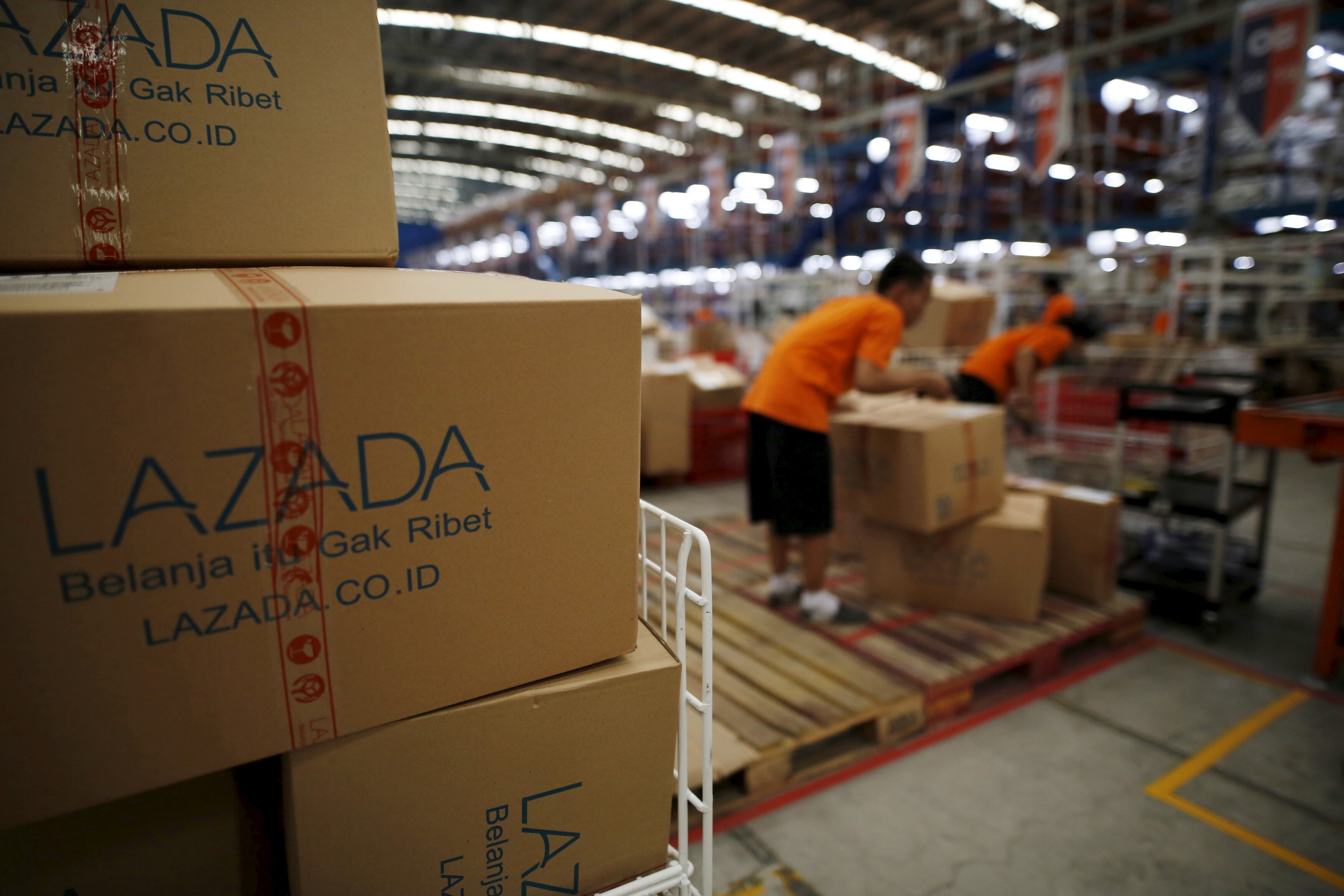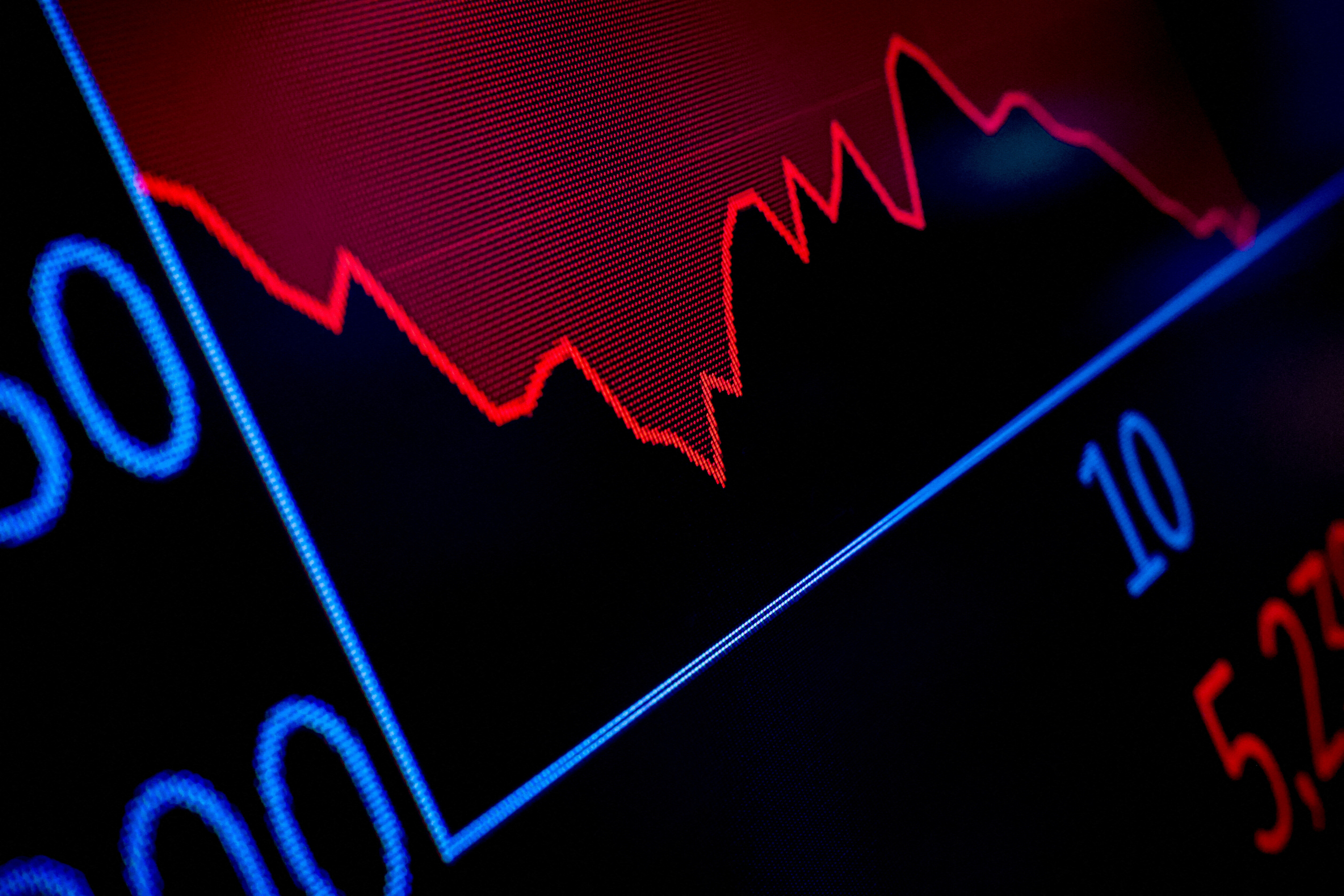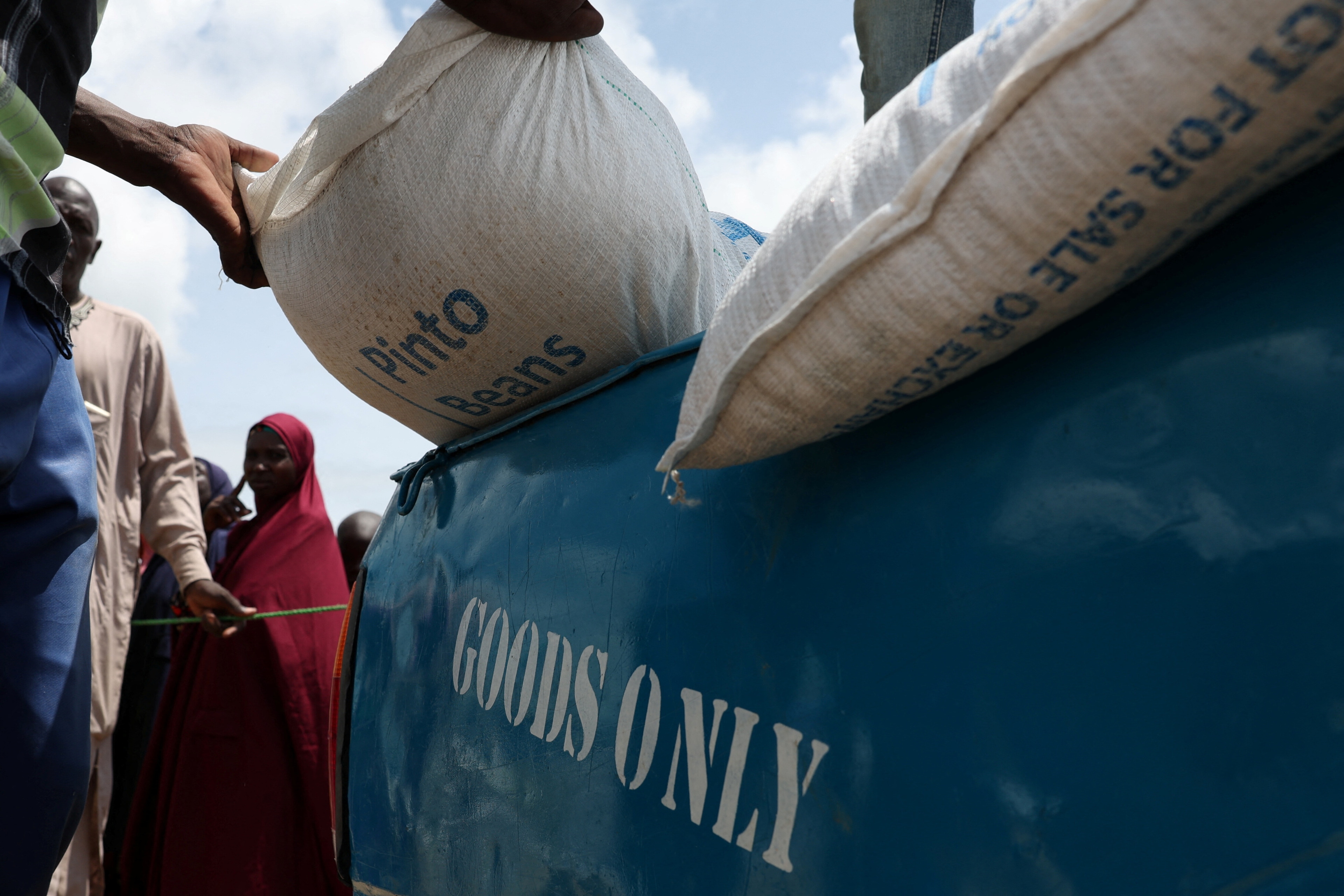How private finance can bring global capital to where it's needed

Blended finance, which uses capital from public sources, reduces the risk for the private sector. Image: REUTERS/Siphiwe Sibeko
Simon Cooper
Chief Executive Officer, Corporate, Commercial and Institutional Banking, and Europe and Americas, Standard Chartered BankListen to the article
- Through blended finance solutions, the private sector can help governments solve pressing needs facing their countries.
- By creating favourable regulatory environments, governments will attract SDG-conscious investors.
Angola, a country of 33 million people, didn't have a specialized burns hospital until 2022. This year, a global alliance of public and private players built that hospital. We partnered with the UK government’s export finance arm to provide financing; a UK-based subsidiary of a Middle Eastern contractor worked with a local Angolan contractor on the hospital building, and supplies were procured from all over the world.
The project, which now offers medical care to burn victims across Angola, shows that global capital can be transformational when connected to where it is most needed. Partnerships between the public and private sectors can be the vehicles to unlock much needed capital.
Private finance could resolve the funding gaps in the SDGs
Funding gaps are present within each of the United Nations Sustainable Development Goals. Whether it is creating better healthcare systems or fighting climate change, providing access to electricity or improving transport infrastructure, building digital networks or having access to clean water and sanitation - funding gaps are everywhere.
For example, the global infrastructure funding gap between now and 2040 is a whopping $40 trillion. This is a huge opportunity for private investors, if they can finance the right projects. Such projects can be win-win situation for both the investor and local community.
Blended finance, which uses capital from public sources, reduces the risk for the private sector. An attractive option for private finance, it is a valuable tool to mobilize capital. When Ghana’s government wanted to upgrade water infrastructure in the Sunyani region, we created a $52 million financing facility with export agencies in Sweden. The project team included a contractor from Israel, supplies from Scandinavia, and local partners in Ghana. The project should provide clean water to 405,000 people by 2040.
Within the sustainable energy space, the funding gap stands at $95 trillion. The challenge to transition away from fossil fuels while supporting economic growth in emerging markets is a significant and complex one. If these countries are to reach net zero targets that they've set for themselves, capital to shift to renewables will play a significant role in tackling climate change.
The energy transition is a massive, generational challenge. Deals are, however, being cemented. We helped finance the construction of a 250 MW wind power project in India for Apraava Energy. Here too, local suppliers participated in the project. By structuring a transaction with transferable letters of credit, we enabled the client to guarantee financing further down the chain. This gave suppliers access to finance for supplies which they might not have gotten otherwise.
Swedish electronic performance car manufacturer Polestar recently received a $367 million working capital facility through a consortium of banks to finance their import of electric vehicles (EVs) into Europe and North America. Alongside the climate benefits of EVs, Polestar wanted more sustainable practices across its ecosystem. This facility was the first to involve green invoice financing aligned to the EU Taxonomy. The facility documentation was aligned with Loan Market Association Green Loan Principles.
Banks must lead the way
Central to this flow of capital are banks. Our clients must be transparent and ensure that banks get the necessary data to allow us to evaluate the credibility and performance of proposed investments. At the same time, we need supportive policies and regulations at a global and local level. Governments can implement more favourable tax and regulatory environments to make SDG-linked investment options more attractive.
How is the World Economic Forum improving the global financial system?
All of these challenges represent the next frontier for sustainable finance and will play a massive role in the success of future public-private partnerships. This could catalyze capital in markets that need it most. One thing is certain: success requires a global approach. To tackle the major challenges facing the world, stakeholders must operate across borders and share capital, ideas, innovations and expertise.
Don't miss any update on this topic
Create a free account and access your personalized content collection with our latest publications and analyses.
License and Republishing
World Economic Forum articles may be republished in accordance with the Creative Commons Attribution-NonCommercial-NoDerivatives 4.0 International Public License, and in accordance with our Terms of Use.
The views expressed in this article are those of the author alone and not the World Economic Forum.
Stay up to date:
Development Finance
Forum Stories newsletter
Bringing you weekly curated insights and analysis on the global issues that matter.







